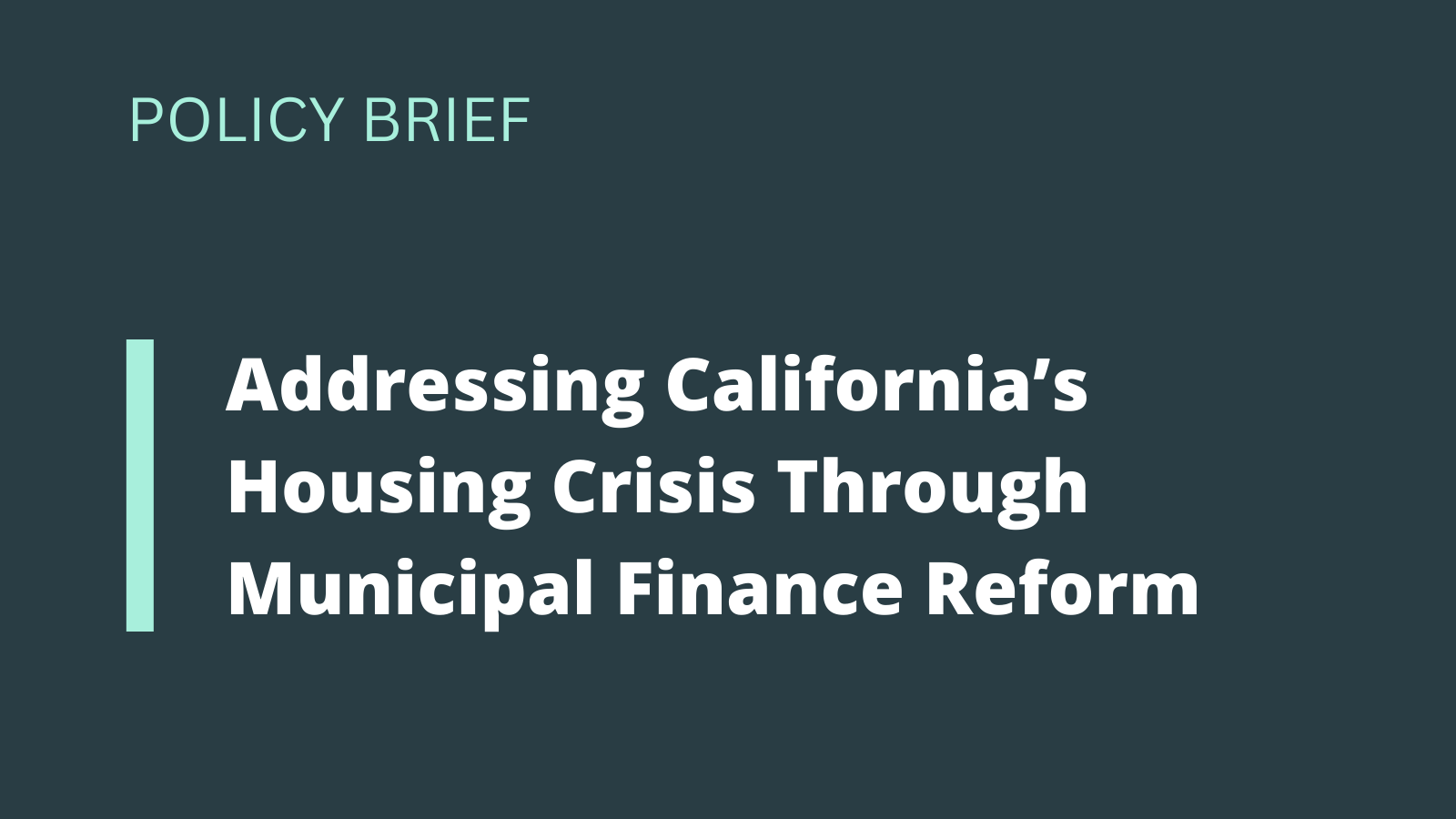California Housing Reforms Face Bureaucratic Hurdles, Says Critic

Sacramento, California – Despite a continuous stream of legislative efforts aimed at alleviating California's housing crisis, a prominent critic argues that bureaucratic obstruction continues to render new laws ineffective. Ben Landau-Taylor, in a recent social media post, suggested that state-level reforms are failing to accelerate housing construction due to local administrative resistance. His comments highlight a persistent challenge in the state's ongoing battle to boost housing supply and affordability.
"For years I’ve seen California’s 'pro-housing' guys crow about passing new bills over and over and over. Each one is supposed to be a game-changer. Building a house remains as impossible as ever," Landau-Taylor stated in his tweet. He hypothesized that a "class of bureaucrats" actively thwarts legislative intent by finding new pretexts within existing code to deny applications, even after laws are passed to expedite review. This administrative "vetocracy," he argues, allows local entities to easily circumvent state mandates.
California has indeed enacted numerous reforms, including the recent passage of Assembly Bill 253, the California Residential Private Permitting Review Act, which allows private professionals to conduct plan checks when local departments face delays. Governor Gavin Newsom also signed historic legislation in 2025, including AB 130 and SB 131, which aim to streamline the California Environmental Quality Act (CEQA) review and accelerate housing permitting. These measures seek to break down long-standing development barriers and improve accountability.
However, Landau-Taylor's critique resonates with ongoing concerns about implementation. "The legislature can pass a law targeted at 826.103.7 too, but that doesn’t do anything, it’s just squeezing around the toothpaste inside the tube," he wrote, implying that bureaucrats simply shift their obstruction tactics. The Pew Charitable Trusts reported in 2024 that while reforms like SB 35 have spurred faster approvals in some areas, procedural hurdles still pose significant challenges, with cities like San Francisco taking over three years on average to approve new housing.
The tweet suggests that legislative tweaks alone are insufficient. Landau-Taylor proposed two alternative solutions: "sack obstructionist administrators and replace them with people from inside your own faction who actually want to build houses, or (b) abolish the whole administrative permitting vetocracy." This perspective underscores a growing debate about whether California's housing challenges stem from insufficient legislation or from entrenched local resistance to state-level directives, raising questions about the ultimate effectiveness of current reform strategies.